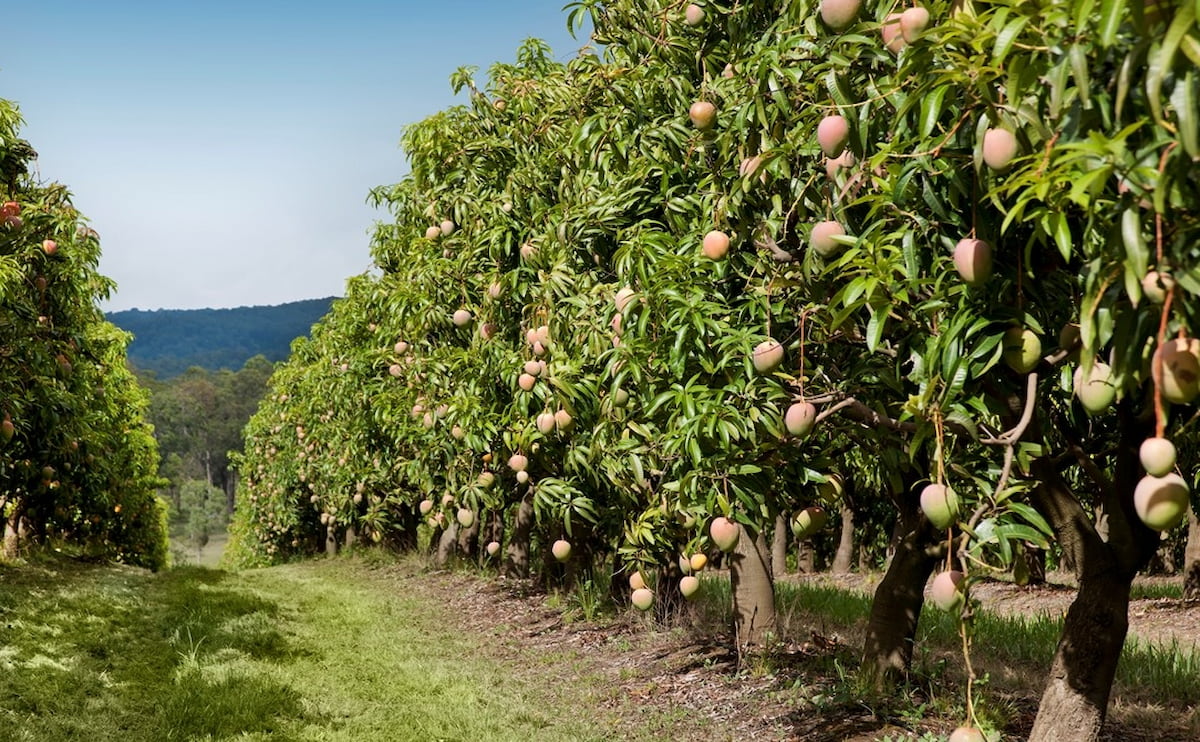In today’s world, sustainable farming practices are essential for the health of our planet and the long-term success of your mango orchard. Mango farming can be both profitable and environmentally friendly if you incorporate sustainable practices into your operations. In this blog post, we’ll explore some sustainable approaches for mango farming.
Organic Farming
Consider adopting organic farming methods to minimize the use of synthetic pesticides and fertilizers. This helps protect the environment and produce healthier mangoes.
Drip Irrigation
Implement efficient irrigation systems like drip irrigation to conserve water. This approach reduces water wastage and ensures that mango trees receive just the right amount of moisture.
Integrated Pest Management (IPM)
Use IPM techniques to control pests and diseases with minimal impact on the environment. This may involve natural predators, trap crops, or beneficial insects.
Soil Health
Focus on improving soil health through techniques like mulching, crop rotation, and cover cropping. Healthy soil promotes better nutrient uptake and water retention.
Energy Efficiency
Use energy-efficient equipment and practices in your orchard, such as solar-powered pumps and energy-saving lighting.
Reduce Waste
Implement waste reduction strategies, such as composting pruned branches and utilizing imperfect mangoes for value-added products like juices or jams.
Biodiversity
Promote biodiversity on your farm by planting cover crops and creating wildlife-friendly habitats. This helps maintain a balanced ecosystem.
By integrating these sustainable practices into your mango farming, you not only contribute to a healthier environment but also enhance the long-term viability of your orchard. Customers are increasingly interested in sustainably grown produce, making it a smart business move as well.










